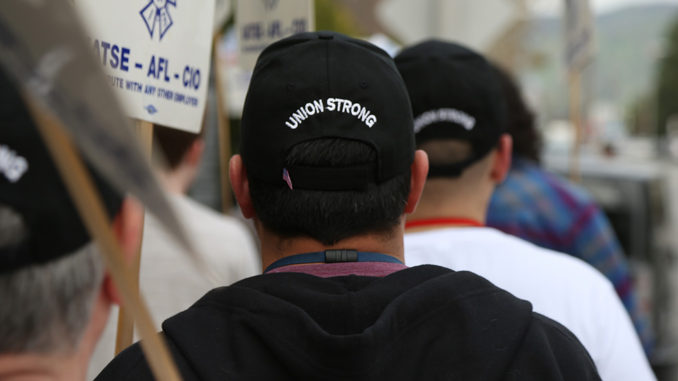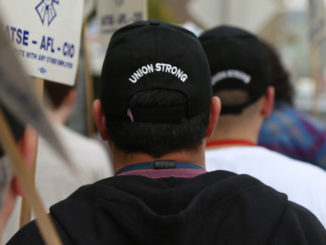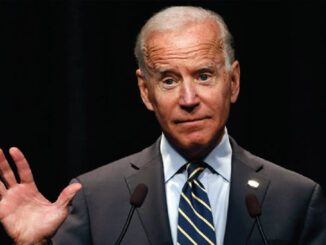
by Tris Carpenter

Too many members ask us, “What does the union do for me?” And then quickly add, “Besides the health insurance.” The fact is the benefit plans are so significant that they cannot be dismissed as an afterthought. The amount of money that has been leveraged away from the producers over the years to fund our benefit plans is larger than the Gross Domestic Product (GDP) of some small countries. It was won bit by bit until the coverage was such that a participant (who shall remain nameless) could fall off a surfboard one afternoon, tweak his already-once-reconstructed knee, take a couple of trips to the orthopedist for X-rays and a spin in the MRI at St. Joe’s, and still have a hospital bill that came to exactly $0.00.
Try this for a minute: Think back to the last time you had a major accident. Maybe you or members of your family have had multiple trips to the doctor lately. Try to figure out what that would have cost you if you had no insurance. Maybe $10,000? Maybe more? Then try to figure out what your dues has cost you for the life of your membership at the Guild. Even if you’re really healthy, the balance is still probably in favor of having the free health insurance. That’s before you count the dollars you didn’t have to spend to pay premiums because, in this day and age, you’re probably not going without it. And that’s before you work out any other benefits that come with union work, such as retiree health insurance (now available only at about five percent of American companies) and pension benefits. That’s also not counting the invisible benefits, the ones that don’t land directly in your wallet, like the provisions for overtime that give the producer a financial incentive to send you home, or give you a longer break between shifts than they might have otherwise given you in a non-union job.
No matter how good things are on your show, unless it’s union, it’s not helping the rest of us keep this wheel going. And when the wheel stops, everyone falls off.
We happen to work in an industry where the percentage of union members is fairly high, certainly more than the national average. I’d reckon that, of people who have been working in this industry for at least ten years, more have been covered by the Motion Picture Plans (or know someone covered by them) than have had no contact with the Plans at all. Quite simply, it is the industry standard. And that means something, because in the rest of the world employers are no longer expected to provide health insurance. According to the US Bureau of Labor Statistics (BLS), the slide is pretty steep. Of all private-sector, full-time workers (the most likely group to be covered), only 56 percent participated in employer-sponsored health plans in 2003, down from 61 percent in 2000 and 76 percent in 1990, according to the BLS. It’s no secret that as union membership in America has declined, so has the likelihood that a person working non-union would get benefits on the job.
What does this mean for our Guild? It means that our members cannot take these benefits for granted. If good-paying work (like reality television editing) continues to slide away from us, and we don’t organize and keep up the union presence in our industry, then we will lose those benefits. That’s what has happened in the rest of the workforce. No matter how good things are on your show, unless it’s union, it’s not helping the rest of us keep this wheel going. And when the wheel stops, everyone falls off.
If you really sit down and think about it, the union does a hell of a lot for you. That said, I’d like you to do one more thing: Share your story with someone else. The next time you hear someone gripe about the union, or hear someone snicker that he or she sees no need for the Guild, take that opportunity to explain why your “balance sheet” comes out better when you work union.
Our best ambassadors are our members. It’s their personal stories, time and again, that help me bring campaigns to successful conclusions. If we can keep explaining in a convincing way the importance of the union, maybe we can keep successfully organizing and stay ahead of the trends in the American workplace that are destroying the standard of living for the middle class.





